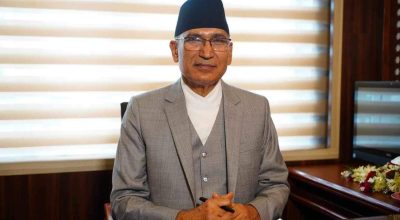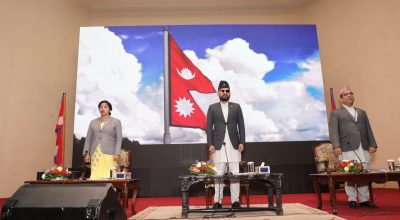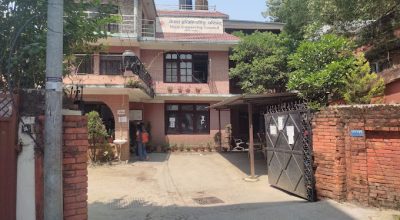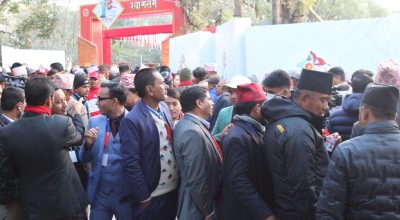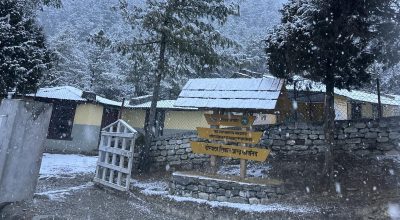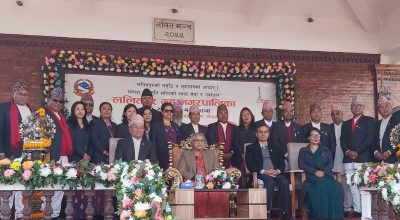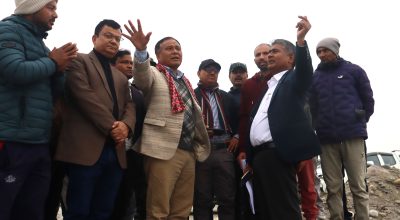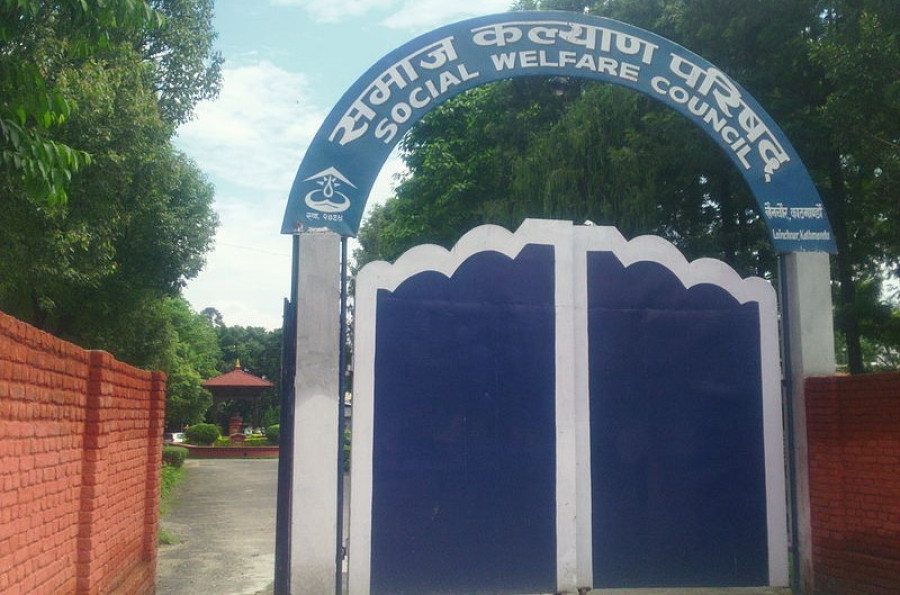
Kathmandu, Aug 20: A total of 32 international non-governmental organisations have either left Nepal or are winding up their operations in the country, according to the Social Welfare Council.
The council, the body that regulates both domestic and international non-governmental organisations in the country, said it ended affiliation of about half of the 32 INGOs which had applied for de-affiliation. Applying for de-affiliation also included six existing organisations which had entered Nepal after the deadly earthquakes in 2015 to carry out relief, rehabilitation and reconstruction.
The INGOs which are getting de-affiliated include The BlueBeery Hill Charitable Trust; Happy House Foundation; Freundeskreis Nepalhilife; Health Rights International Nepal; ASB Germany; Love Green Japan; Norlha Helping People in the Himalayas, Switzerland; International Medical Corporation; EWDE-DKH, Germany; Nichiren Shoshu Rikyobo, Japan; CONCERN Worldwide; Karuana Foundation; Sammridha Pahad, UK; CCS Italy; MEDAIR; Read Nepal; and Help-hilfe zur Selbsthilfe, Germany.
“The remaining INGOs are also in the process of getting de-affiliated,” said Durga Prasad Bhattarai, information officer at the council. These 32 INGOs have applied to the council for ending their affiliation over the last four years.
Some of the organisations have been out of contact since they applied for de-affiliation, while the process to end affiliation of some others has been on hold due to inadequate document submission, according to the council, which is also responsible for evaluating the performance of the INGOs.
The INGOs have cited different reasons for their departure.
According to Bhattarai, some INGOs said they are removing their Nepal offices to reduce administrative costs, while some are seizing Nepal operations after failing to secure adequate funds.
“Several INGOs which entered Nepal for post-earthquake rehabilitation and reconstruction have remained here even after completing their mission,” he said.
ASB Germany, International Medical Corps from the US, EWDE-DKH Germany and Swiss INGO—Medair, which entered Nepal for post-quake rehabilitation and reconstruction, have been de-affiliated, according to the council.
The process is on to end the affiliation of Goal Ireland and Splash International, the council said. But Malteser International, the German INGO which also entered Nepal after the quake, has applied for an extension of its affiliation by one year.
With these exits, the number of INGOs affiliated to the council has dropped to 240 from 258 a year ago.
INGOs point out two factors that led to the departures of these organisations from Nepal: decrease in availability of funds and completion of specific programmes such as post-earthquake rehabilitation and reconstruction.
“Globally, funds available to the INGOs are shrinking due to internal issues in the developed countries. Its impact has been seen in Nepal too,” said Govinda Neupane, country director of IM Swedish Development Partners, an INGO.
“The governments of the developed countries, corporate entities and the individuals are also focussed on providing support to refugees and disaster victims instead of long-term assistance,” he said.
Neupane, who is also a member of Association of International NGOs in Nepal, an information network of INGOs working in Nepal, added that Nepal also received relatively more funds through INGOs after the 2015 earthquakes, but they are now deserting.
Seven INGOs, including six departing ones, which came here to support the quake affected were supposed to spend a total of Rs1.28 billion during their operations in Nepal, according to the council.
Overall, domestic and international NGOs spent around Rs55 billion on reconstruction and livelihood programmes since the quakes hit the country, according to National Reconstruction Authority, a body formed to coordinate the post-quake reconstruction activities.
Although the foreign aid disbursement through INGOs surged in Nepal post 2015 earthquakes, it decreased significantly in the fiscal year 2017-18.
According to the Development Cooperation Report 2017-18, prepared by the Finance Ministry, the disbursement of aid through INGOs dropped to $110.3 in the fiscal year 2017-18 from $186.5 million a year earlier. Foreign aid disbursement through INGOs had increased to $168 million in fiscal year 2015-16, up from $117 million in fiscal 2014-15 when the quake hit Nepal.
Aid commitment to Nepal by INGOs for the fiscal years 2018-19 and 2019-20 has remained almost equal, according to the Finance Ministry. They had committed to Rs24.95 billion in the fiscal year 2018-19 and Rs24.79 billion in the current fiscal year 2019-20.








